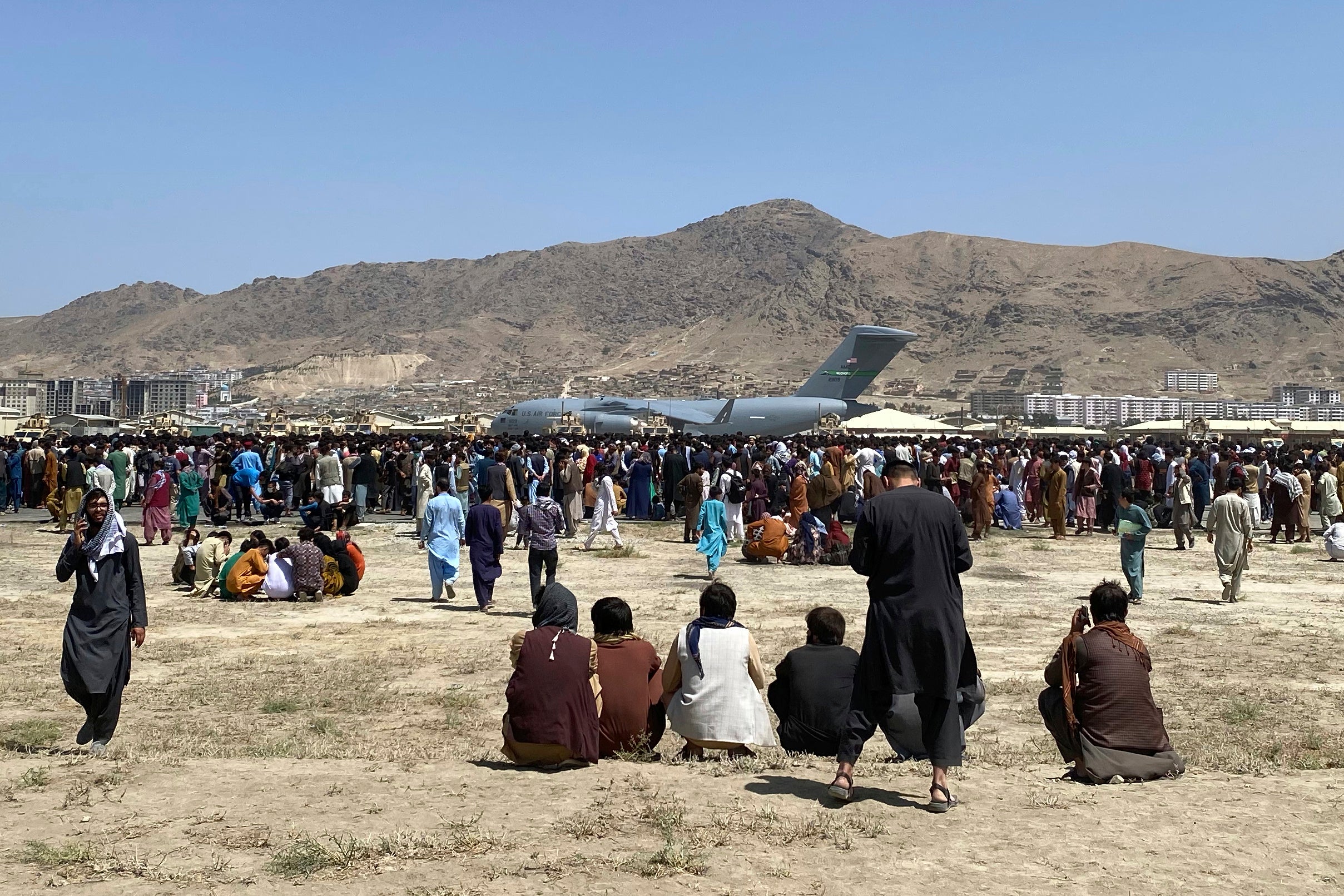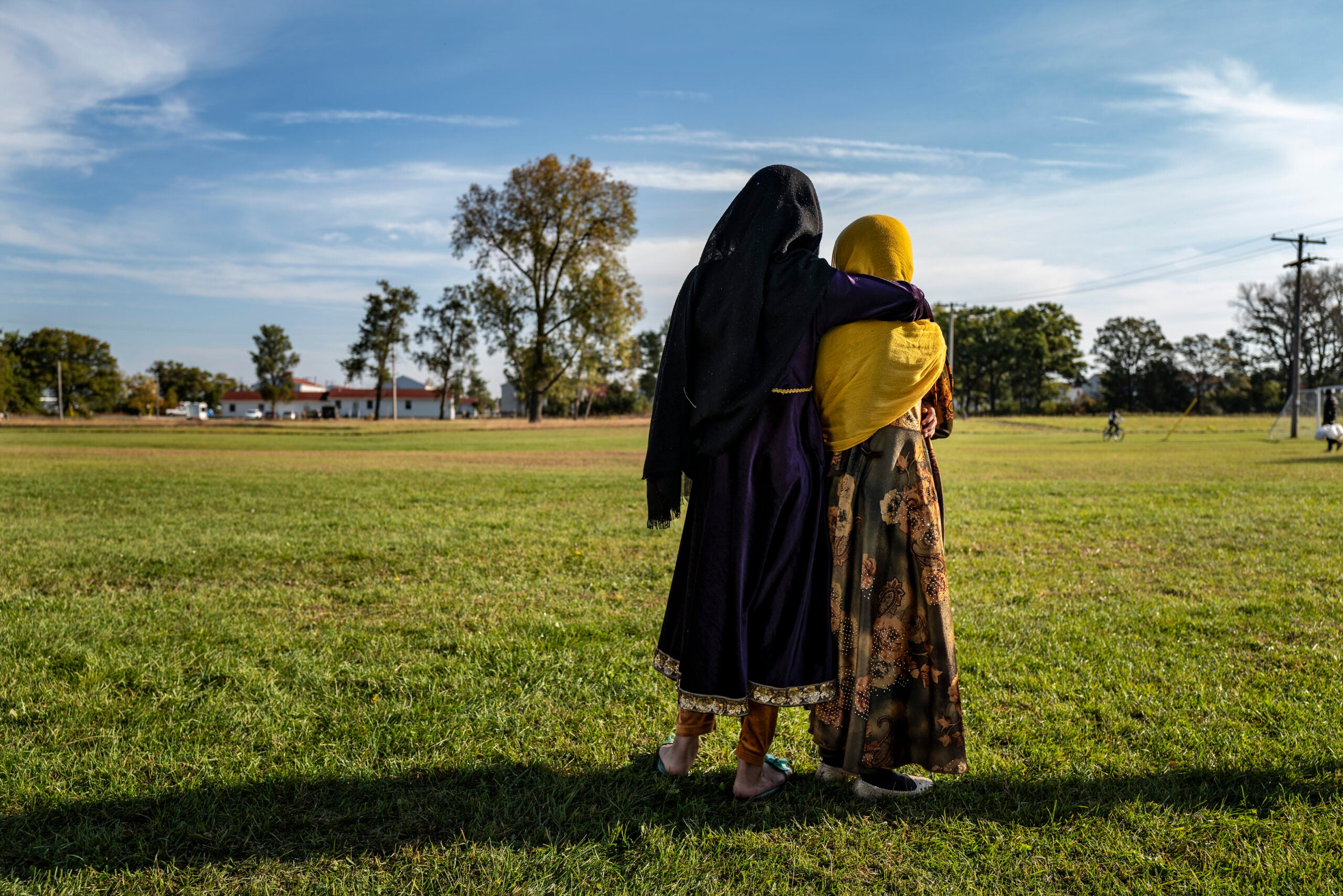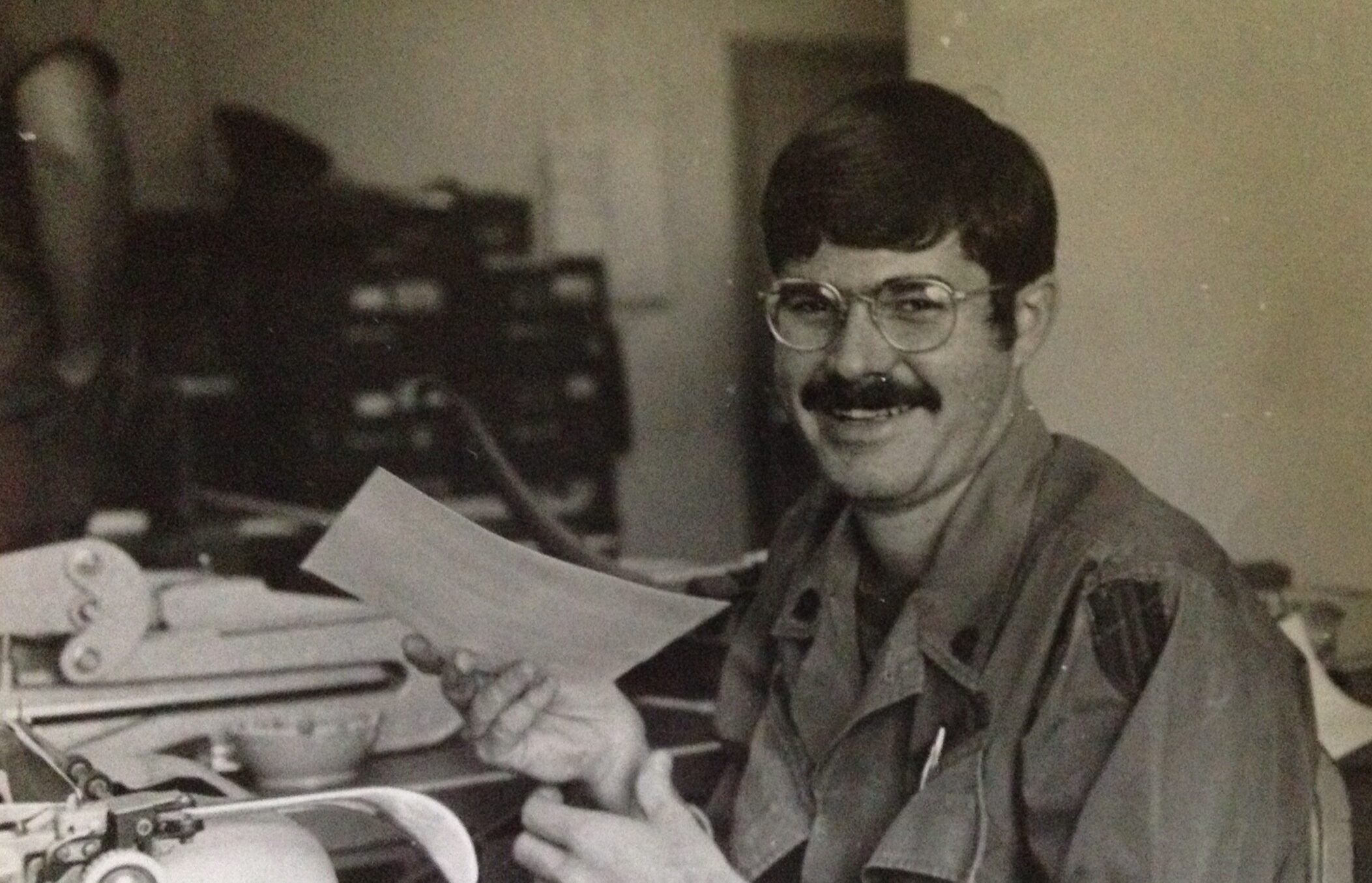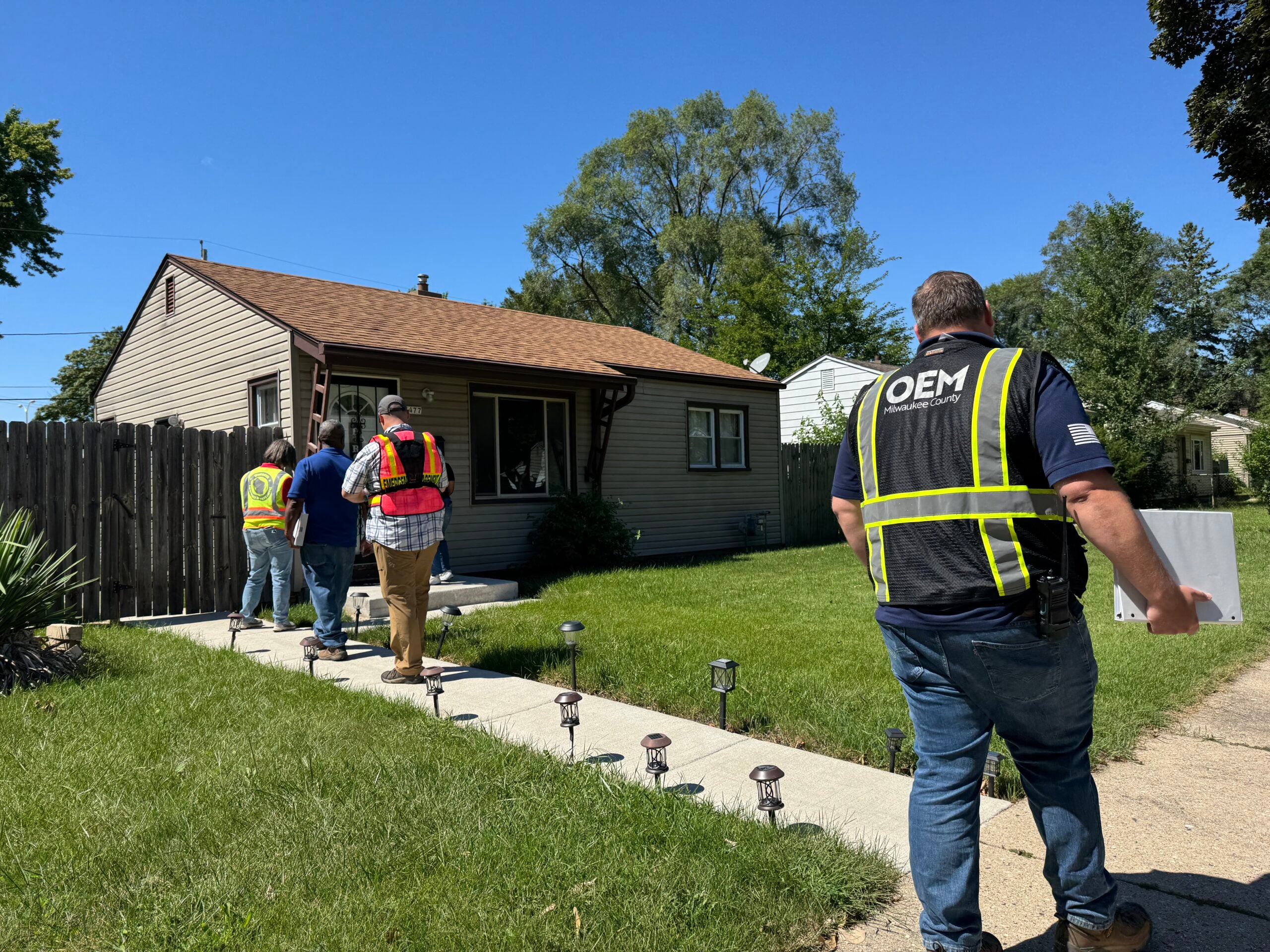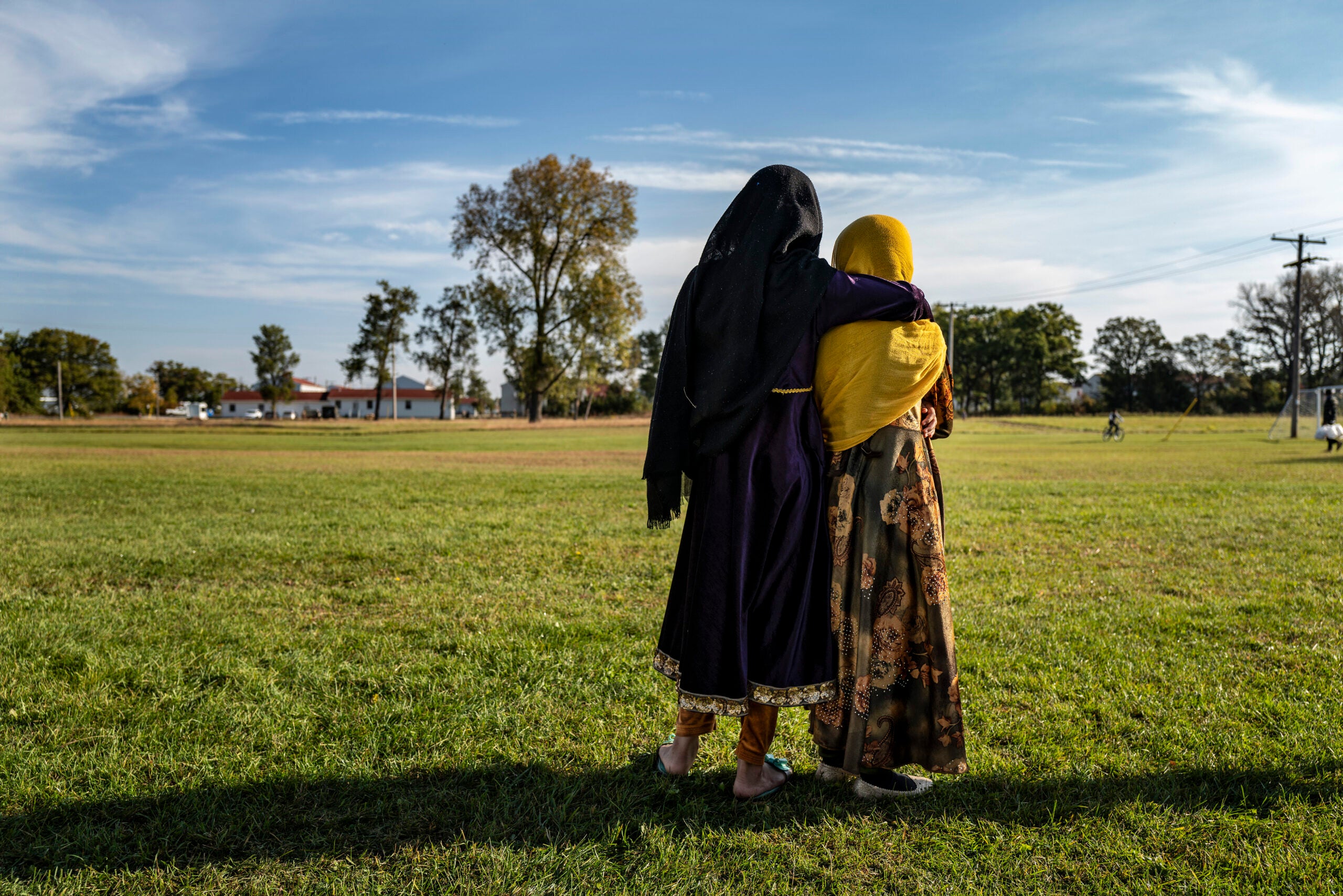Saul Newton went to Afghanistan as an infantry team leader for the U.S. Army in June of 2010. He served in the Kandahar province for just over a year.
Ten years later, Newton says he’s experiencing many conflicting emotions seeing the Taliban effectively retake control of the country after seizing the capital city of Kabul Sunday.
“I’m glad that the withdrawal is happening. I’m glad that future generations hopefully won’t have to fight this fight that we’ve been fighting for 20 years,” said Newton, who now heads the Wisconsin Veterans Chamber of Commerce based in Milwaukee. “And at the same time, I’m also sad that it’s happening the way that it’s happening. It’s hard not to question what all of it was for if the end result was going to be the Taliban back running the country.”
News with a little more humanity
WPR’s “Wisconsin Today” newsletter keeps you connected to the state you love without feeling overwhelmed. No paywall. No agenda. No corporate filter.
Newton said he’s angry at the political and military leaders that claimed the U.S. was winning the fight and “turning a page” in the country. And he’s heartbroken to see Afghan citizens desperately clinging to departing planes on the runway at Kabul’s airport.
“These were folks that we trusted enough to support those of us who were serving in Afghanistan in a variety of capacities. Folks who did support us on the premise that we would have their back, and I think it’s important that we follow through on that,” Newton said. “There are going to be people that we can’t get out and that’s heartbreaking. But anybody that we can get out, we have an obligation to make sure that they’re taken care of.”
The Sept. 11 terror attacks that prompted the U.S. invasion of Afghanistan happened during the first month of Lt. Col. Erik Archer’s Army career.
Archer, who now teaches military science at the University of Wisconsin-La Crosse, was deployed to Afghanistan twice: first as a mentor to the Afghan National Police in Kabul and later as the head of a forensics lab in Helmand Province.
He said seeing the Afghan government fall to the Taliban is “exceptionally painful”, especially for those who were injured or lost loved ones during the last 20 years of conflict.
“The ironic tragedy of all of this is as a young Army guy, we grew up in the legacy of the Vietnam veterans. I thought I understood to a degree of what they had gone through, but the parallels between now and then, at least visually with the imagery coming out (of Kabul) are just eerie,” Archer said. “What will the books say about this time of our service, when my grandkids are in elementary school and in high school? What was gained tangibly? What were the sacrifices made for? Those are hard conversations.”
Archer said Americans may not get a clear answer to those questions. He believes the outcome is the result of a “disinterested war”.
“I think why we went in was clear and it was righteous. I think we probably got distracted and then we didn’t have the wherewithal or the attention span to give the war the just scrutiny it deserved,” Archer said.
Retired Army chaplain Jason Church said he believes the chaotic scenes in Kabul are the result of poor planning from the current administration and previous leaders.
Church served in Afghanistan for about four months in 2012 before his platoon was involved in a roadside bomb explosion, which resulted in the loss of both of his legs below the knee.
He said the situation in Afghanistan is complicated, but the turmoil currently gripping the nation could have been avoided.
“I think President Biden made some grave errors in how we withdrew forces,” Church said. “I’m not going to be someone that comes on and says that we should have stayed there even longer. But there was a better way to leave the country. There was a system in place to at least hold some stability for a while. And I think that because the U.S. withdrawal was so abrupt, it allowed a cascade of events to occur which is escalating into the humanitarian crisis that we’re seeing there right now.”
But Church, who made a bid for the GOP nomination for Wisconsin’s 7th Congressional District in the 2020 election, said it’s not just the Biden administration that is to blame for the instability in Afghanistan.
He said presidents and congressional leaders from both sides of the aisle over the last 20 years share the responsibility, mainly because they lacked a clear understanding of what America hoped to accomplish there.
“I get upset with the way that this has gone into a ridiculous partisan squabble over what was just a boondoggle of an effort by, frankly, our leaders in Washington. And I would implore them to ask questions more frequently about what they’re doing on Capitol Hill and in the White House,” Church said.
Church said he’s heard similar frustration from other Afghanistan veterans over the last week. But said the current moment has also created an opportunity for reflection and in some cases healing.
“War is hell and sometimes you bury certain things because you’ve got to move on with life. But then when you see something as traumatic as this occurring over in Afghanistan, it causes you to reflect on what you did in Afghanistan and also how you felt when you were there. And it’s hard,” Church said.
The U.S. Department of Veterans Affairs sent out an email this week sharing mental health resources and encouraging veterans to talk with family and friends about any distress they’re feeling from recent events.
While the current scenes are painful for veterans who served there, Newton, with the Wisconsin Veterans Chamber of Commerce, said he hopes the images wake up the rest of the country to the true cost of the war.
“My hope is that as people start to finally pay attention, hopefully, that they recognize that there were people who died serving in Afghanistan. There were people who lost limbs and were severely injured and are still dealing with the injuries of what they experienced there,” Newton said. “It’s just the human cost of war. And hopefully that doesn’t get lost in all of the bickering and punditry and political games. That there were real people on the ground who were doing the best they can and a lot of them sacrificed a lot.”
Wisconsin Public Radio, © Copyright 2026, Board of Regents of the University of Wisconsin System and Wisconsin Educational Communications Board.

